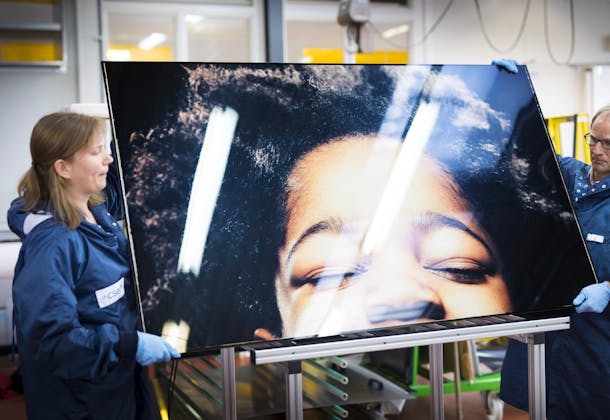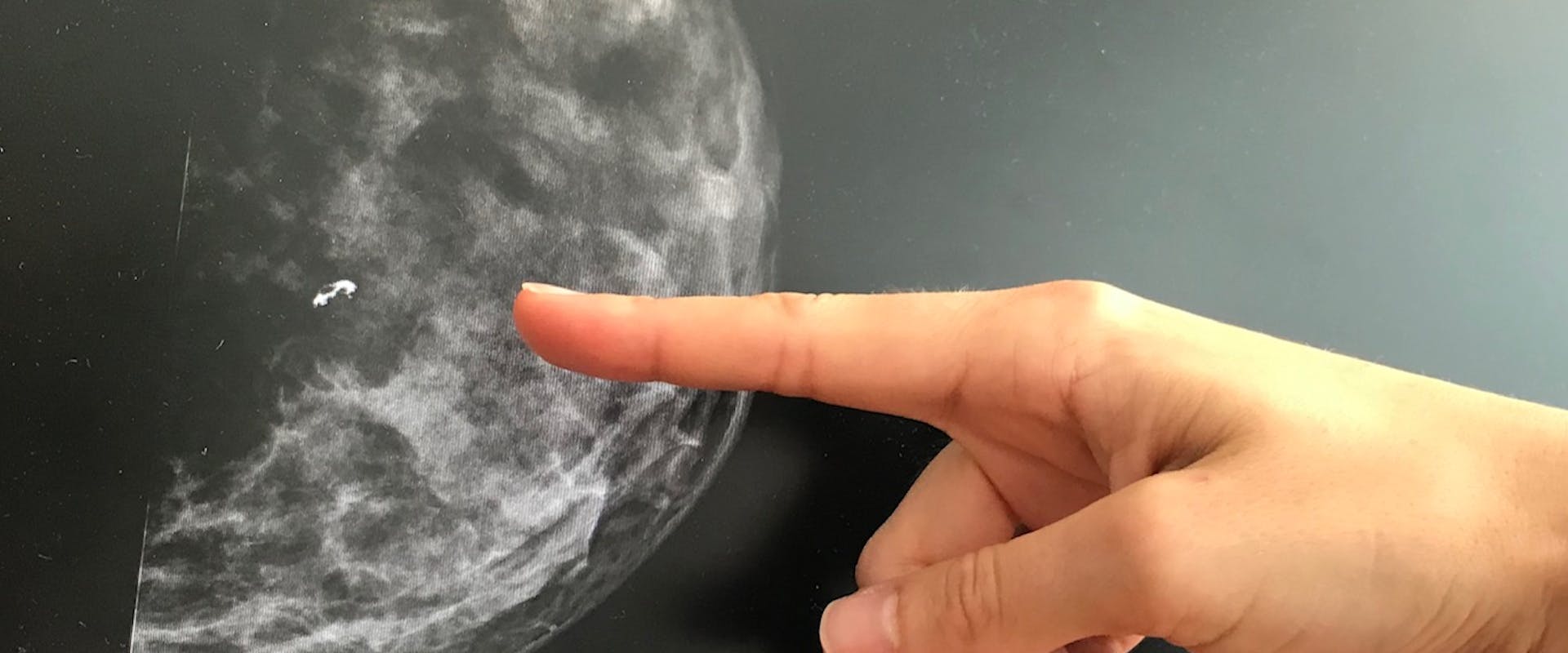Download press release
Download pictures
Related Press

23 January 2025
CSEM and TheraMe! revolutionize cancer therapy with personalized drug screening technology
What if there was a solution allowing to test which drug or drug combination works best on the tumor cells of a given patient at any given stage of the disease?...

14 June 2019
Wanted: Women Scientists!
One of the main challenges for CSEM is the need to attract more female talent. In spite of sustained efforts women only represent 15% of the technical workforce in the company....

8 February 2023
Invention for continuous blood pressure monitoring wins CSEM's 2023 Inventor Award
For the second year in a row, CSEM is granting its Inventor Award to a patented technological innovation with a high impact on our business, the industry and society in general. This year, the award h...
